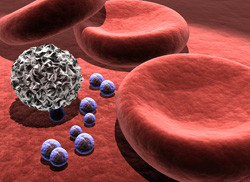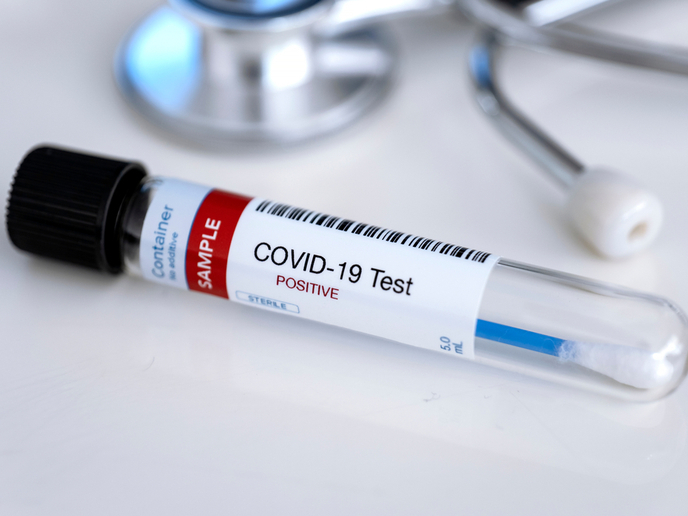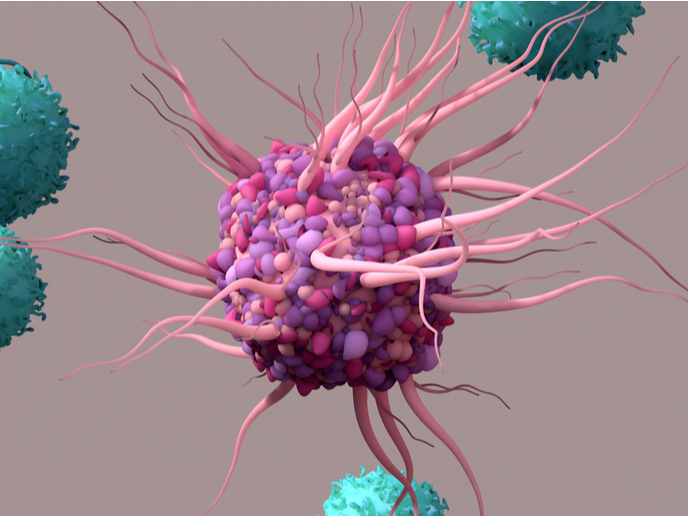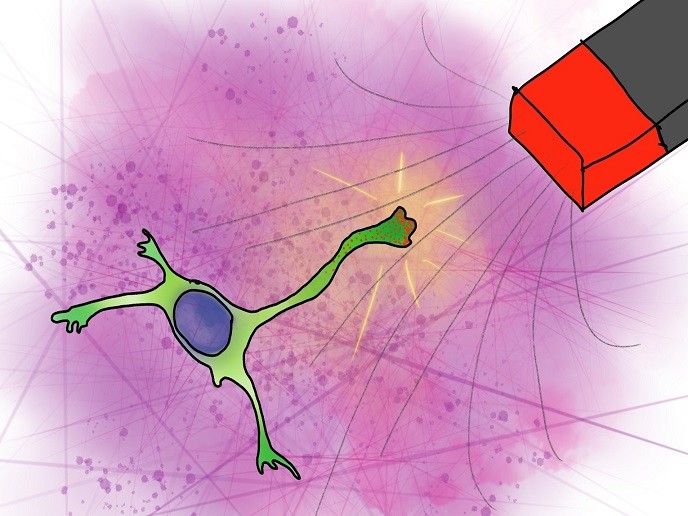T cells in health and disease
Under physiological conditions, immune responses possess high specificity against a foreign target. However, in cases of autoimmunity, the T lymphocytes of the immune system mistakenly attack self-antigens, thereby causing inflammation and destruction of normal tissues. Although the prevalence of autoimmune disorders, including multiple sclerosis, accounts for 5 % of the population, there is no effective therapeutic approach currently available. Scientists in the EU-funded 'Systems biology of T-cell activation in health and disease' (SYBILLA) project decided to investigate the role of T cells in autoimmunity and how they can be manipulated using drugs. The main focus was on the molecular mechanisms that determine T cell activation under physiological conditions and in autoimmunity. Partners generated a number of animal models to monitor the molecular dynamics and signalling during T cell activation. These experiments led to the previously unknown discrimination between foreign antigen and self-peptides. They also helped scientists identify key regulatory proteins which could serve as pharmacological targets for autoimmunity. For example, a protein kinase C antagonist was tested in the clinic for inhibiting immune cell activation in autoimmune disorders. Genome-wide association studies revealed a number of SNPs associated with early human T cell lineage specification and disease pathogenesis. This finding indicated the existence of a previously unidentified genetic element to autoimmunity. Researchers unravelled the complex network of T cell activation to ultimately generate a data-driven mechanistic model in the form of computer software. The so called 'Virtual T cell' can predict the behaviour of the T cell network and especially the outcome of T cell activation under different conditions. The applicability of this model extends to the identification of biological biomarkers, intracellular drug targets and drug screening. Taken together, the SYBILLA study provided invaluable insight into the mechanisms underlying T cell activation in health and disease. The mathematical modelling approach is expected to further broaden research in immunology and speed up pharmaceutical drug discovery.
Keywords
Autoimmune disorders, T cell, signalling, mathematical model







